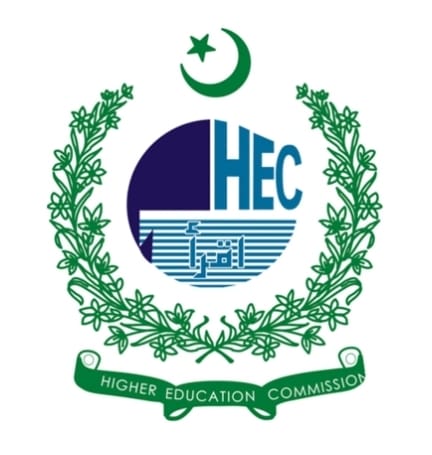Olive Culture Promotion and Financial Sustainability: A Study of University College Zhob, BUITEMS
DOI:
https://doi.org/10.59365/amsj.3(1).2024.105Keywords:
Olive culture, economic empowerment, financial sustainability, educational institutions, olive cultivation, research and innovation, University College Zhob, BUITEMS, PakistanAbstract
This study examines the impact of promoting olive culture on the economic empowerment and financial stability of University College Zhob, BUITEMS, and its broader benefits to Pakistan. The initiative aims to convert marginalized land into an olive cultivation venture, enhancing both the aesthetic and economic value of the institution. By fostering research and innovation in olive culture, the project has the potential to significantly reduce edible oil imports and generate foreign exchange. This study highlights how olive cultivation can contribute to the financial sustainability of an educational institution and support regional and national economic development. The study adopted narrative description of the nature of economic gains by following intrinsic case study approach. Starting from the production perspective and expectation to economic gains of olive orchard is optimum. The study findings are very much comprehensive in support of economic gains of the olive project at UCoZ territory in future by mixing agriculture techniques and advancement.





